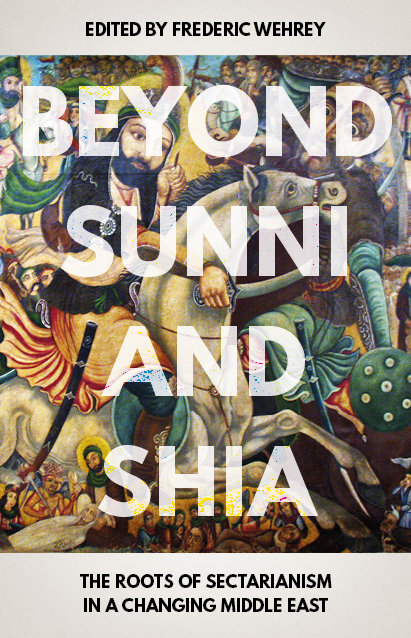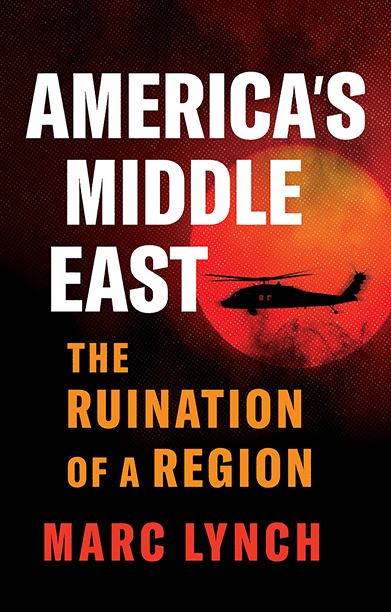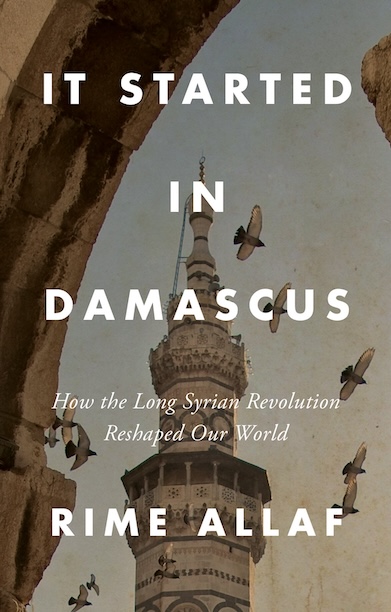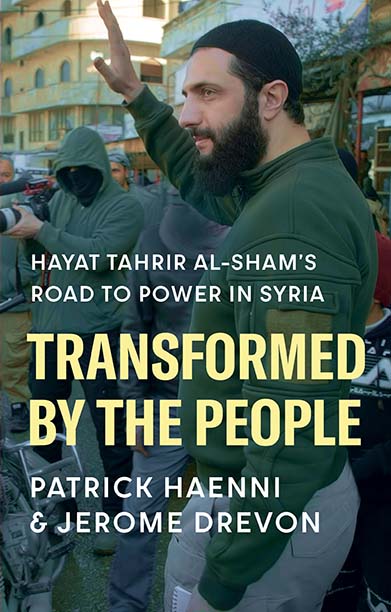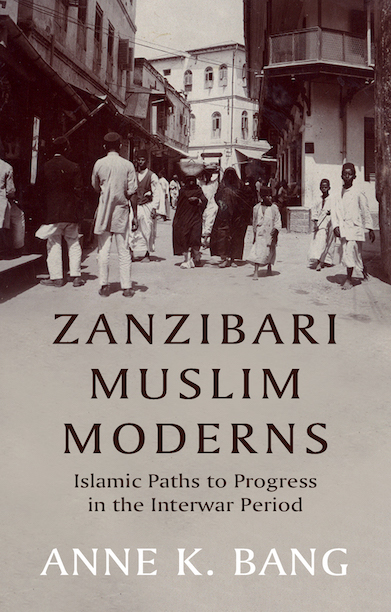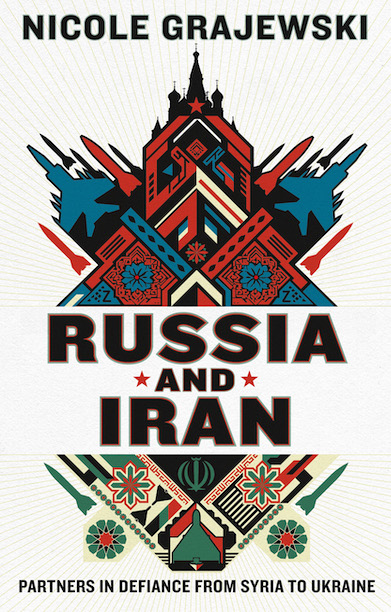Beyond Sunni and Shia
The Roots of Sectarianism in a Changing Middle East
Explores the factors behind the spread of sectarian identity politics in the Middle East
Description
This collection seeks to advance our understanding of intra-Islamic identity conflict in the Middle East. Instead of treating distinctions between and within Sunni and Shia Islam as primordial and immutable, it examines how political economy, geopolitics, domestic governance, social media, non- and sub-state groups, and clerical elites have affected the transformation and diffusion of sectarian identities.
Particular attention is paid to how conflicts over distribution of political and economic power have taken on a sectarian quality, and how a variety of actors have instrumentalised sectarianism. The volume, covering Syria, Iraq, Lebanon, Saudi Arabia and the Gulf, Iran, and Egypt, includes contributors from a broad array of disciplines including political science, history, sociology, and Islamic studies.
Beyond Sunni and Shia draws on extensive fieldwork and primary sources to offer insights that are empirically rich and theoretically grounded, but also accessible for policy audiences and the informed public.
Table of contents
Introduction — Frederic Wehrey
1. Beyond Sectarianism in the Middle East? Comparative Perspectives on Group Conflict — Paul Dixon
PART I; THE GEOPOLITICS OF SECTARIANISM
2. The Sectarianism of the Islamic State: Ideological Roots and Political Context — Hassan Hassan
3. The Sectarianization of the Syrian War — Heiko Wimmen
4. Sectarianism and Iranian Foreign Policy — Afshon Ostovar
PART II; INSTITUTIONAL SOURCES OF SECTARIANISM
5. Shia-centric State-building in Post-2003 Iraq — Fanar Haddad
6. The Unraveling of Taif: The Limits of Sect-based Power-sharing in Lebanon — Joseph Bahout
7. Twitter Wars: Sunni-Shia Conflict and Cooperation in the Digital Age — Alexandra Siegel
8. The Political Economy of Sectarianism: How Gulf Regimes Exploit Identity Politics as a Survival Strategy — Justin Gengler
9. The Roots of Sectarian Law and Order in the Gulf: Bahrain, the Eastern Province of Saudi Arabia, and the Two Historical Disruptions — Staci Strobl
PART III; DOCTRINAL AND CLERICAL SOURCES OF SECTARIANISM
10. The Kingdom and the Caliphate: Saudi Arabia and the Islamic State — Cole Bunzel
11. Sectarianism and Political Pragmatism: The Paradox of Egypt’s al-Nour Salafis —Stéphane Lacroix
12. Religious Authority and Sectarianism in Lebanon — Alexander D.M. Henley
Reviews
‘Sectarianism has become an urgently important, but often misunderstood, feature of politics in the Middle East. Beyond Sunni and Shia brings together an outstanding and diverse group of scholars who grapple with sectarian conflict across the region. These rigorous and deeply researched essays show how the complex interplay of politics, ideas and technology at a time of rapid change has driven dangerous new identity politics.’ — Marc Lynch, Professor of Political Science at George Washington University, and author of The New Arab Wars: Uprisings and Anarchy in the Middle East
‘This much-needed volume moves beyond primordialist and instrumentalist explanations of the issue of sectarianism. Its fascinating case-studies show not only why it is important to understand the geopolitical, institutional and religious sources of sectarianism in a changing Middle East, but also how it is possible to gain a deep and nuanced understanding of the subject.’ — Morten Valbjørn, Associate Professor, Department of Political Science, Aarhus University
‘A contextual but comparative analysis of the geopolitical, institutional, and ideational drivers of sectarianism in the contemporary Middle East. Navigating beyond primordial and instrumental theoretical explanations, Beyond Sunni and Shia offers a multilayered analysis of why sectarianism assumes today such a powerful role in the domestic politics and foreign policies of Middle East states and transnational movements, and what are the prospects of moving beyond sectarianism in the future.’ — Bassel F. Salloukh, Associate Professor of Political Science, Lebanese American University, Beirut
‘Rigorous, panoramic and grounded in impressive fieldwork, Beyond Sunni and Shia is a superb collection of studies that tackles a topic too often clouded by polemics and easy generalisations. Frederic Wehrey has assembled an all-star cast of scholars from multiple disciplines who show why and how sectarian tensions are ultimately rooted in the Middle East’s broken political order and authoritarianism, rather than in age-old religious animosity. This volume is at once a nuanced dissection of sectarianism and an impassioned plea for more pluralistic institutions in the region. A must-read for veteran scholars, policymakers, and the informed public.’ — Marwan Muasher, Vice President for Studies, Middle East Program, Carnegie Endowment for International Peace; author of The Second Arab Awakening
Editor(s)
Frederic Wehrey is a senior fellow in the Middle East Program at the Carnegie Endowment for International Peace. He is the author of Sectarian Politics in the Gulf: From the Iraq War to the Arab Uprisings (2013), chosen as a Best Book on the Middle East by Foreign Affairs magazine. He holds a DPhil in International Relations from Oxford University.
